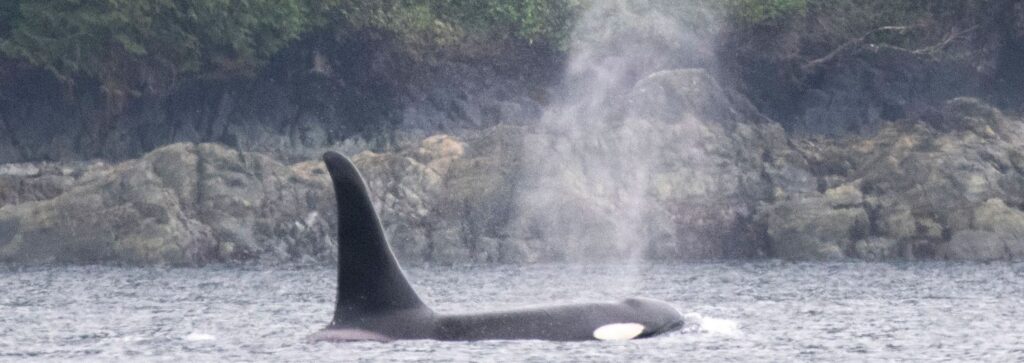Orcas, often referred to as killer whales, have captured the human imagination for centuries. Their striking black-and-white coloration, graceful movements, and remarkable intelligence make them one of the most iconic marine creatures on Earth. Many people dream of encountering orcas in the wild, yearning for a connection with these majestic ocean predators. But what lies behind this deep fascination?
1. The Beauty of Their Appearance
Orcas are undeniably stunning creatures. Their sleek, hydrodynamic bodies and bold, contrasting patterns of black and white give them a commanding presence. This natural design is not only visually striking but also evokes a sense of mystery and wonder. They seem to personify the wild and untamed beauty of the ocean, drawing us in with their aesthetic appeal.
2. Their Intelligence and Social Complexity
Orcas are among the most intelligent animals on the planet. They live in tightly knit pods, often led by a matriarch, and exhibit behaviors that suggest advanced communication, cooperation, and even culture. For instance, different orca populations have distinct vocal dialects and hunting techniques passed down through generations. This level of sophistication resonates with humans, who see parallels between orca societies and our own.
3. A Symbol of Freedom and Power
As apex predators, orcas rule the ocean. They are both graceful and powerful, hunting cooperatively and often displaying dramatic breaches or tail slaps. Their dominance in the marine food chain and their ability to traverse vast oceanic distances embody a sense of freedom that humans often yearn for. To many, an orca represents the untamed spirit of nature.
4. Cultural and Mythological Significance
In many Indigenous cultures, orcas are revered as protectors, bringers of good fortune, or symbols of familial connection. For example, in the Pacific Northwest, orcas feature prominently in the art, stories, and spiritual beliefs of Indigenous peoples. This deep cultural connection adds another layer to the human fascination with orcas, as they are seen not just as animals but as symbols of something greater.
5. Th Orca Dream of Wild Encounters
There is something profoundly moving about the idea of meeting an orca in its natural habitat. For many, witnessing an orca breach or hearing their haunting calls in the wild is a dream come true. Such encounters remind us of our connection to nature and the vastness of the world beyond our human experience. In an age where much of the natural world feels distant or threatened, the allure of a wild orca encounter represents a longing to reconnect with something primal and awe-inspiring.
6. Their Role in Pop Culture
Movies, documentaries, and books have played a significant role in shaping our perception of orcas. Films like Free Willy and documentaries like Blackfish have brought orcas into the spotlight, portraying them as both captivating and complex. These stories often evoke strong emotions, whether they focus on their beauty and intelligence or the challenges they face in captivity.
7. A Window into the Ocean’s Health
Orcas are considered sentinel species, meaning their health reflects the overall state of the marine environment. Their struggles with pollution, dwindling prey populations, and habitat loss highlight broader environmental issues. For many people, caring about orcas becomes a way to care about the ocean and the planet as a whole.
Humans’ attraction to orcas is multifaceted, rooted in their beauty, intelligence, cultural significance, and symbolic power. They inspire awe and curiosity, reminding us of the wonders of the natural world and our place within it. Dreaming of an orca encounter is, at its core, a yearning for connection—with nature, with something larger than ourselves, and with the wildness that still exists in the world.
